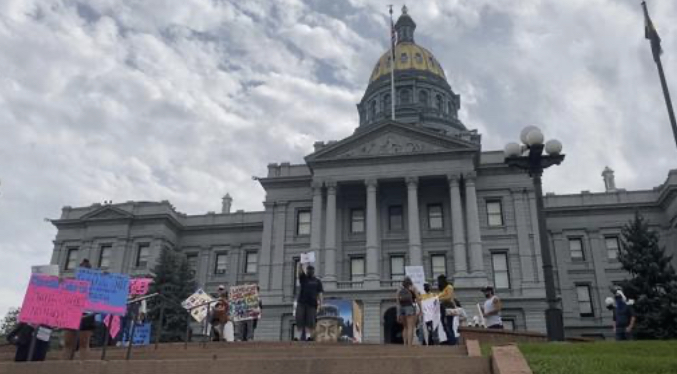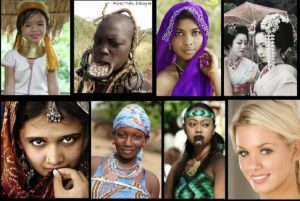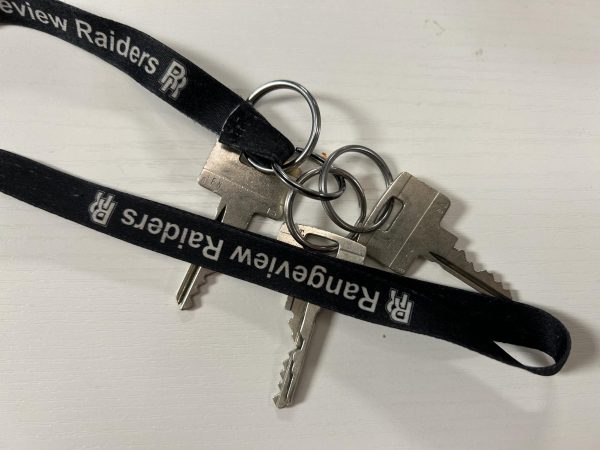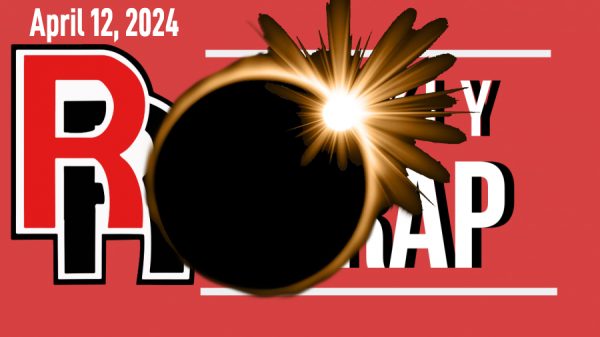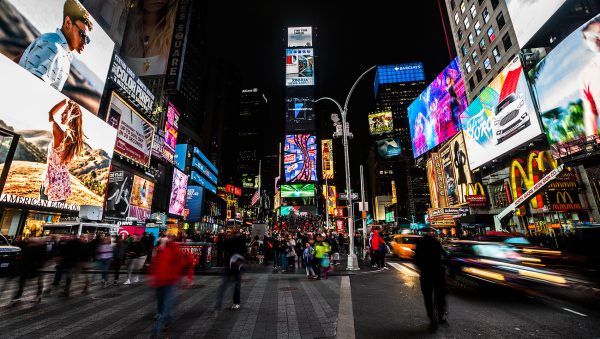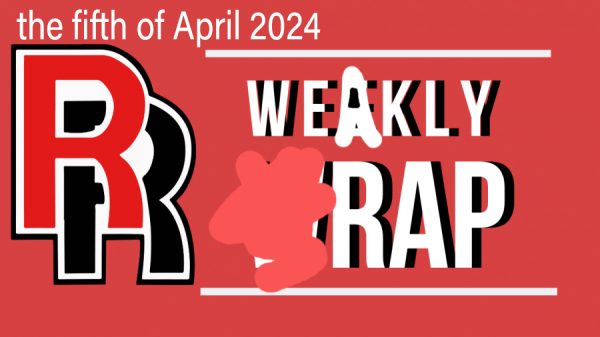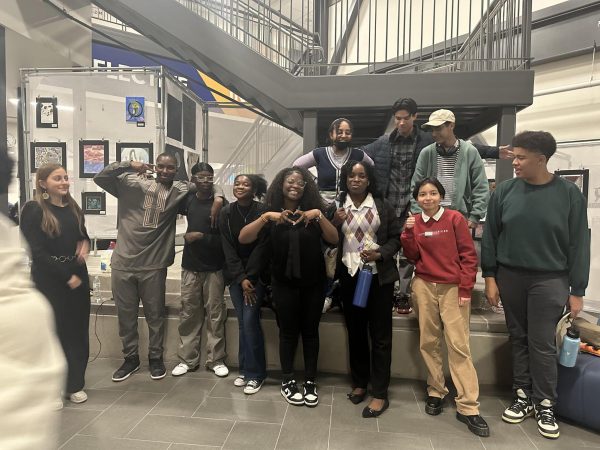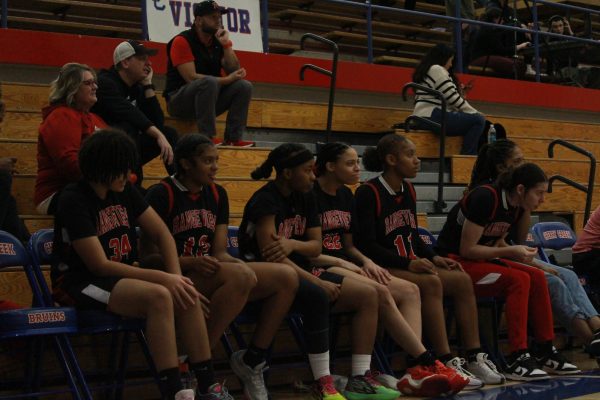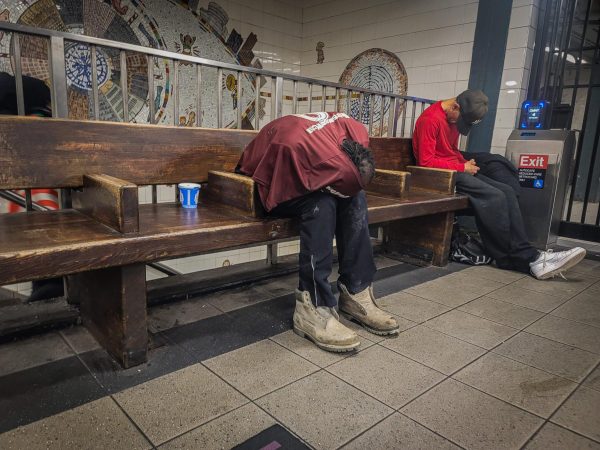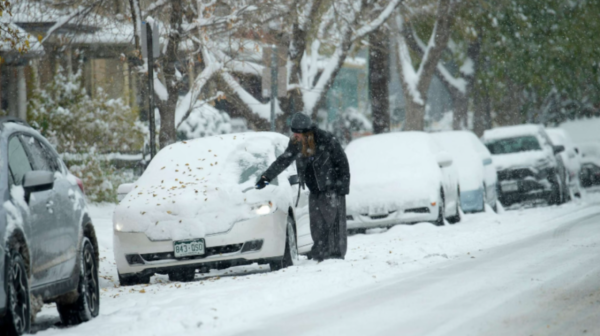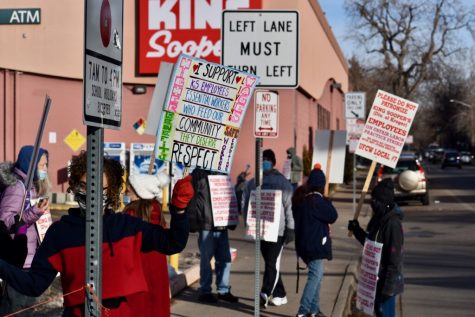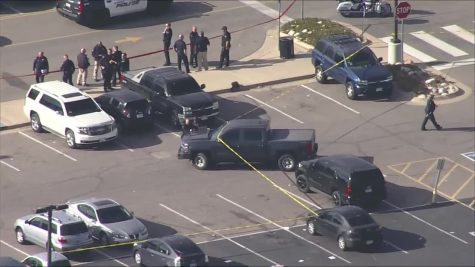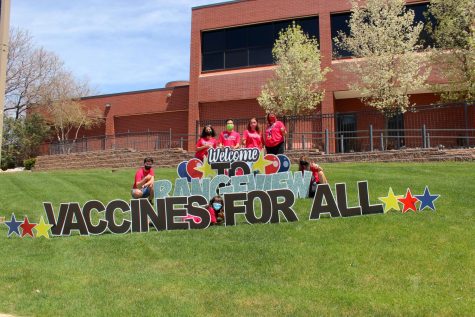#SaveOurChildren and Human Trafficking
A small amount of citizens are gathered at the Capitol in Denver to spread awareness about human trafficking (NewsBreak)
September 1, 2020
Recently human trafficking has blown up, because of the hashtag “#SaveOurChildren”. According to KSN News “Save Our Children” drew national attention across social media platforms recently, reaping awareness against human trafficking and action within the nation.”
And as the years go by the human trafficking rate is only getting higher and higher.
As of a few weeks ago, “1.1 million people are talking about #SavetheChildren and 585 thousand are talking about #SaveOurChildren on Facebook.” During the past few months, these hashtags have become ways for people to inform and learn about how human trafficking is still an issue prevalent in our society.
Human trafficking is an issue presented across many states in the U.S. Since 2007, there have been 63,380 cases reported in the nation, up until 2019. Since 2019, Colorado has had 176 reported cases. (Hotline Statistics). The numbers are only expected to go up in the future.
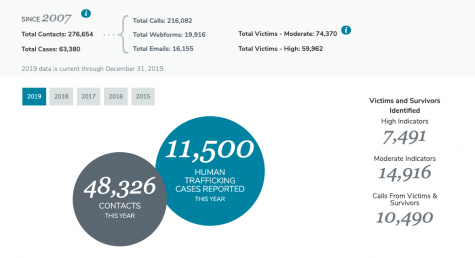
The Denver District Attorney Office takes part in human trafficking in Denver, Colorado. According to 9 News, “since 2017 the DA’s office has only worked on 80 cases” and even though 17 of them have been resolved, the cases could have the “suspect pleading guilty, being convicted or the case being dismissed.”
Ryan Sladek, a dean at Rangeview, addresses why it’s hard to solve these cases stating, “It’s hard to fight because it’s an underground market with big money involved… It’s also probably hard to catch the perps because the victims are understandably scared for retribution if they were to share names and info…it’s sad to see that some people get into this by choice to make money off the selling of others, especially children”.
Recently the most victimized are children and teens around the ages of 10-15, who may or may not have the best life, like kids who suffered through abuse or are in the foster care system (9 News). This affects the community of Rangeview because teens overall are the main targets.
According to the “Human Trafficking Hotline”, they say you can tell if someone is a victim if:
- They are submissive, anxious, depressed or fearful
- Poor physical health
- No control over personal things like for example not being able to speak for themselves
Often times kids in these situations lack a safe space and are more vulnerable to dangers such as human trafficking. Rangeview Biology teacher, Shawnee Friend, gives her input on the issue by saying that, “As a teacher, I need to be aware of struggles that I see my students having and make sure they see me as a safe person to confide in.”
Since human trafficking is such a sensitive topic, students who have been exposed to human trafficking aren’t open about their experiences which can result in less reported cases.
Lana Pearson, a junior at RHS suggests that the community needs to, “Speak up, and help spread the message that things like this are unacceptable and shouldn’t be brushed aside.”
Another student, senior Jessica Kunges, advises that there be an “Arranged peaceful walk and assemblies to talk about what is going on to our children… because this is not a trend.”
Hashtags such as #SaveOurChildren are allowing the public and specifically students, to become more involved in bringing awareness to human trafficking instead of ignoring it. Being that this issue exists in Colorado, parents of Rangeview students are also concerned about their students’ safety and the safety of others that could be put in danger.
Susan Chapnick, a mother of an RHS student proposes an idea by saying, “To fix the problem we need stricter punishment for criminals and programs to help educate teens and community members about warning signs and how to seek help if you’ve been victimized.”
Other suggestions from the community include teachers, students, and parents who appear to be on the same page that this issue should be taken more seriously, but change can only start when there is a community effort. How can RHS spread awareness or help out? Should we be more educated on this topic?
